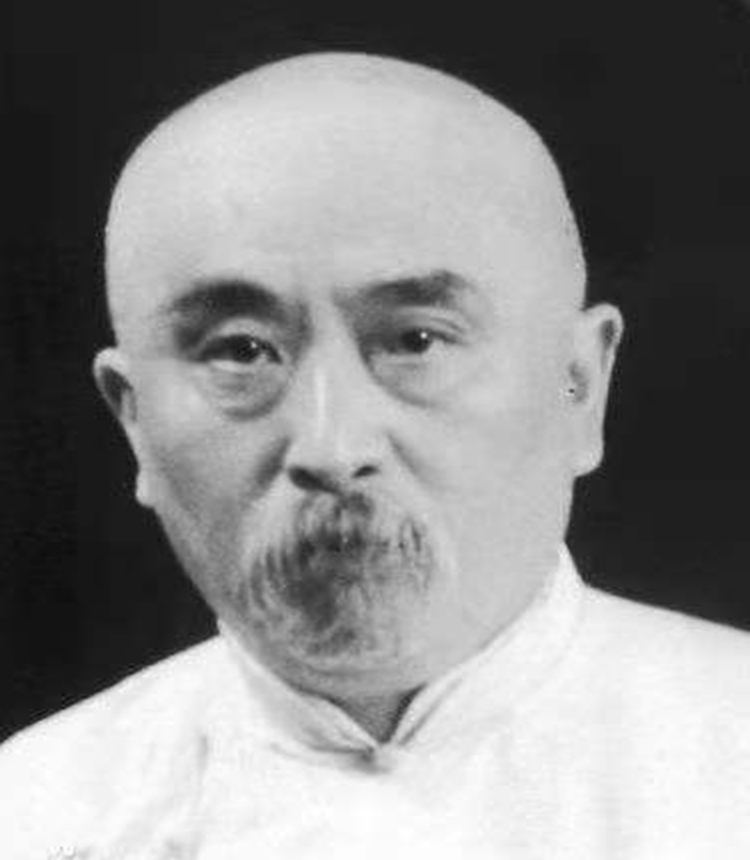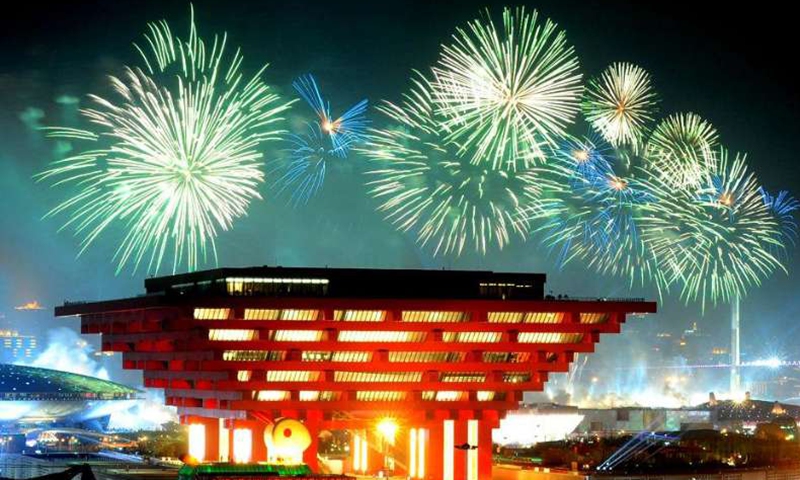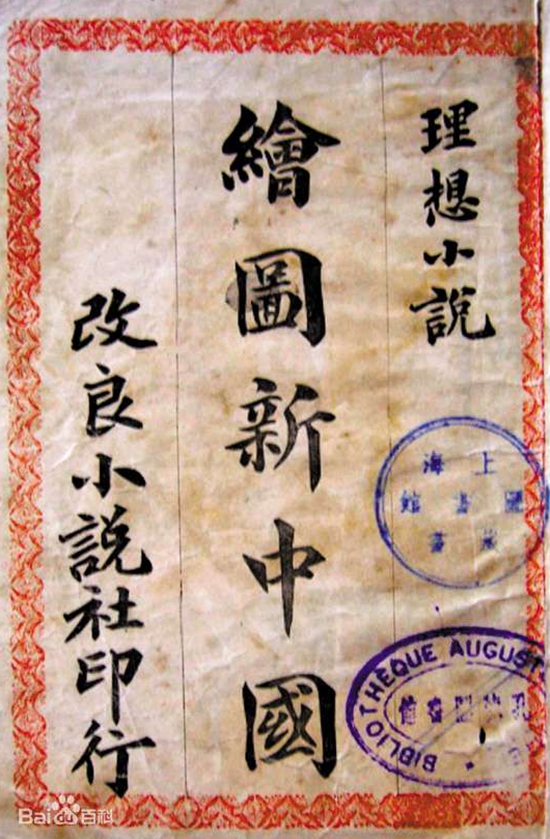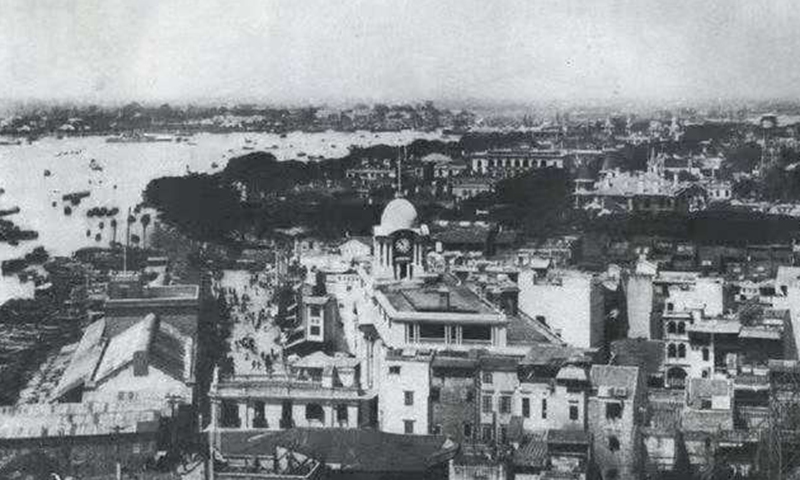
Portrait Photo of Lu Shi’e
A hundred years have passed, witnessing seminal changes taken place in China. The fantasy dream of Lu did become true. On the evening of April 30, 2010, the opening ceremony of the 41st World Expo was held in Shanghai. With splendid fireworks lighting up the Huangpu River and more than a thousand searchlights shooting into the sky, the whole world turned its attention to the dazzling Pearl of the Orient — Shanghai, a city of dreams and vitality. The 184-day Expo was participated by 240 countries, regions and organizations, attracting 73 million visitors. For many who had been present, the experience was like a beautiful dream from which they would not like to wake up. Most visitors felt that "a better life" should indeed become humanity's shared dream in the 21st century.
Not many people know about Lu Shi'e when his name is brought up today. Born in 1878 and died in 1944, he spent most of his life as a doctor in Shanghai and lived at a turbulent time when China was weak and poor. The Shanghai he lived in was divided by foreign powers, an ideal place for Oriental and Western adventurers to live a life of luxury. In Lu's rather ordinary life, the one exceptional thing was perhaps his love of writing. He was like prescribing his patients with one hand and writing novels with the other. He wrote a dozen of medical books, including a medical guide and the Comments on the Detailed Analysis of Epidemic Warm Diseases, and hundreds of novels including New Shanghai and New China. This ordinary Chinese used his pen to cross out all the weakness and humiliation, and wrote down his confidence and dream: a new China able to host the world's best exposition!

Photocopy of New China
In a China that suffered turbulence and weakness, and was ruled by a corrupt Qing Court and coveted by foreign powers, Lu was able to write such a prophetic novel, not because he had the ability of fortune-telling or time-travelling, but because he never gave up his sense of national pride, his belief in the society's potential to grow and kept his mind unperturbed and open. Many of his relatives were members of progressive groups such as the Tongmenghui (Revolutionary Alliance) and Nanshe (Southern Society), giving him easy access to publications advocating democracy and science. Lu was thus convinced that progressive revolutionists would build an independent "new China."
Shanghai in the Late Qing and Early Republican Periods
Dreams carry hope. The dream of the Chinese people during the past hundred years was to achieve the great national rejuvenation. Lu Shi'e was a doctor who treated people's physical conditions. At the same time, he also kept his dream alive by writing down his ideal to awaken the sense of confidence and pride of his fellow Chinese. What he wrote down was not simply scenes in his dreams, but more importantly the outcry for a new era from the ordinary people.


